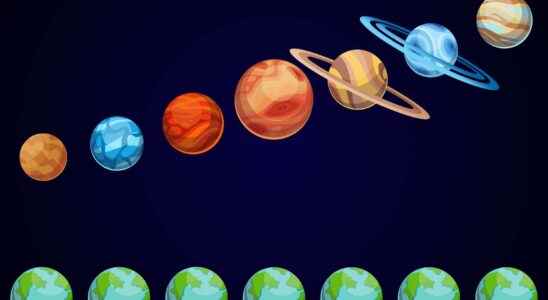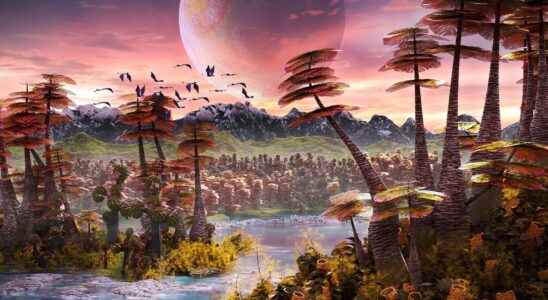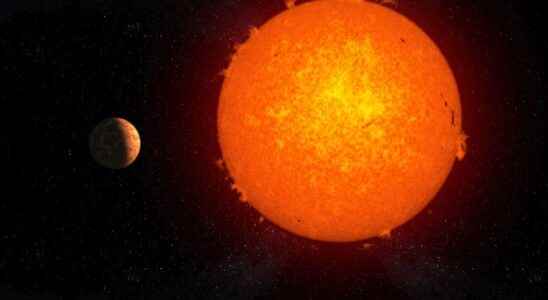Tag: planets
How will the James-Webb Space Telescope scan other planets?
The James-Webb Space Telescope continues to adjust its instruments to begin its first observations. During its mission, the JWST will notably be able to direct its instruments towards exoplanets and…
Surprising: planets form around dying stars
The illustration of what researchers from the Catholic University of Leuven (Belgium) observed. A disk of gas and dust around a binary star system. A disk with a void that…
They want to send tardigrades to other planets!
Many of us dream of traveling to the stars. And while the technology that will take humans beyond our solar system is not yet perfected, engineers are already working to…
Is the Earth changing in weight?
You would think that with the increase in population and the billions of tons of construction resulting from human activities, planet Earth will see its mass increase over time. In…
How long does it take to reach each planet in the Solar System from Earth?
We are 41 million kilometers from Venus, 78 million kilometers from Mars and 4.3 billion kilometers from Neptune. How long did the different space probes take to reach the different…
Not to be missed this week: alignment of planets, shooting stars and a comet
Four planets are visible aligned in the evening, between the southeast and the east, during this month of December. A real feast for the eyes, especially since the brightest comet…
Iron as the key to finding life on other planets?
The ability of a planet to support life depends on several characteristics. The presence of liquid water or oxygen. The position of the planet in relation to its host star,…
Discovery of the exoplanet GJ 367b, a dense and overheated sub-Earth
An exoplanet half as massive as Earth, but denser and much warmer, has been discovered around a nearby red dwarf. This object, of an unusual type among those discovered to…
The planets of the Trappist-1 system formed quickly and suffered little impact
Trappist-1’s planetary system continues to fascinate researchers who have observed a strange ballet. New elements that shed light on our understanding of the formation of the planets of Trappist-1. You…
The virtues of the past for the society of the future, by Roland Lehoucq
The functioning of a human society is based on its consumption of matter and energy. In physics, this observation is obvious because, according to her, energy measures the capacity of…









